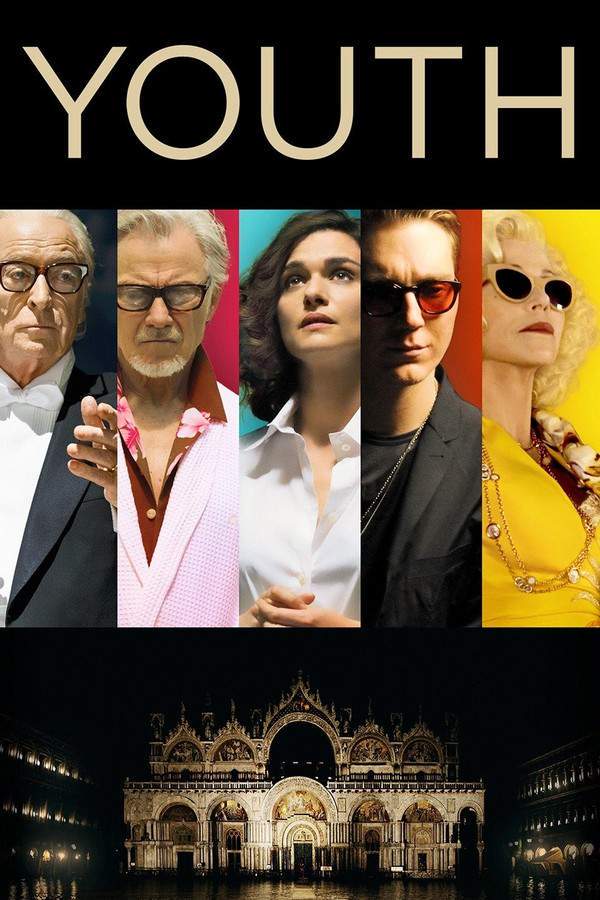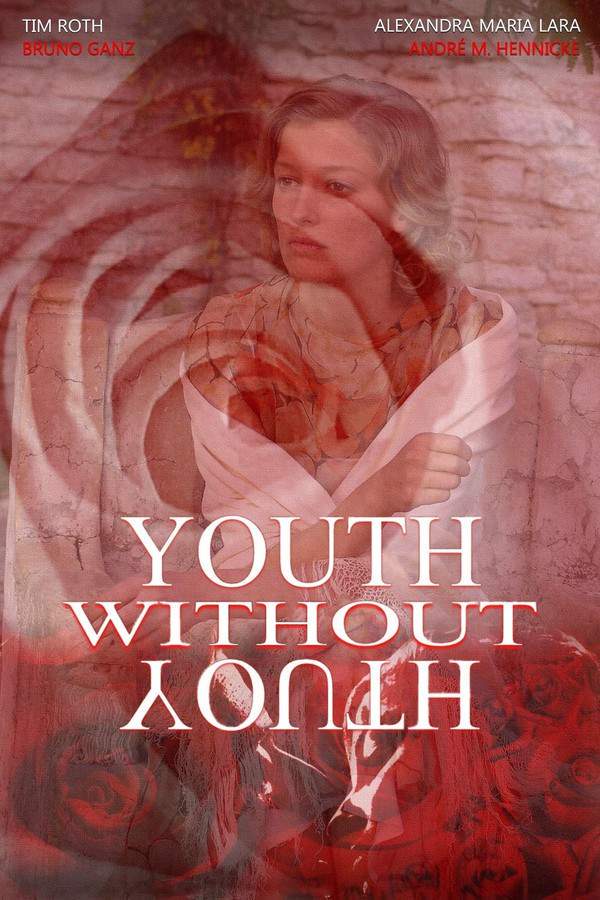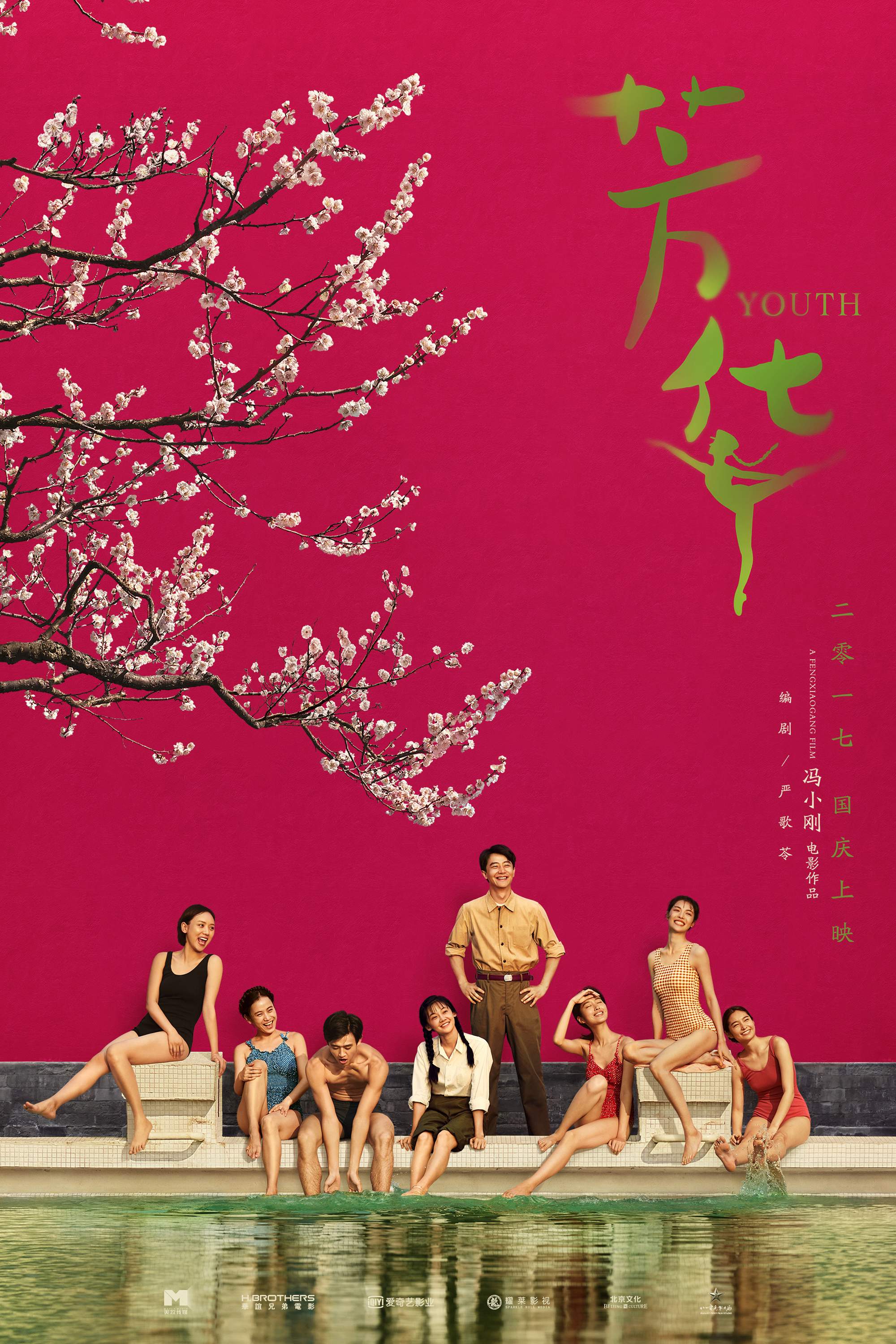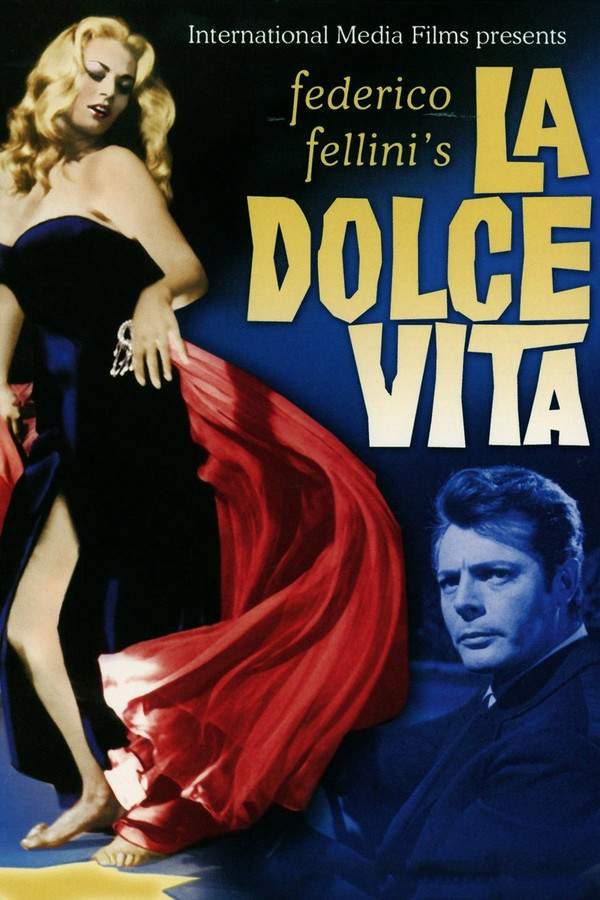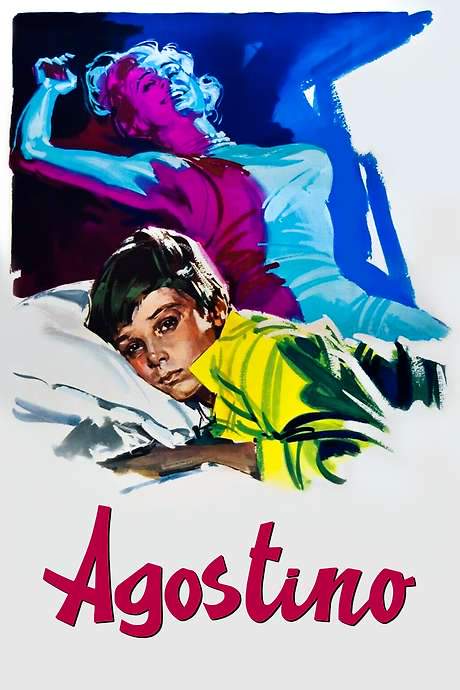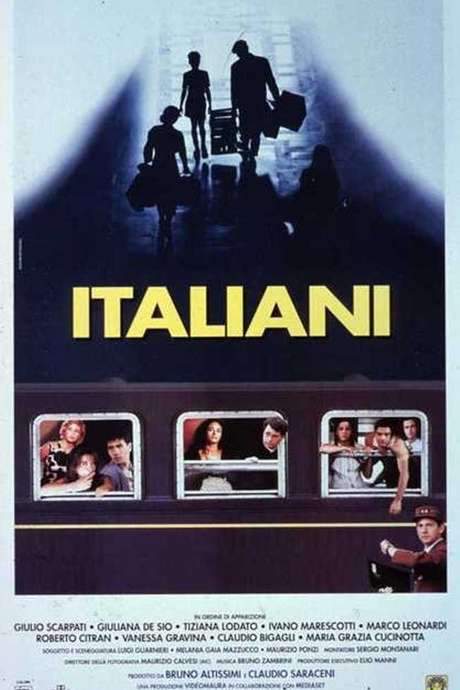The Best of Youth 2005
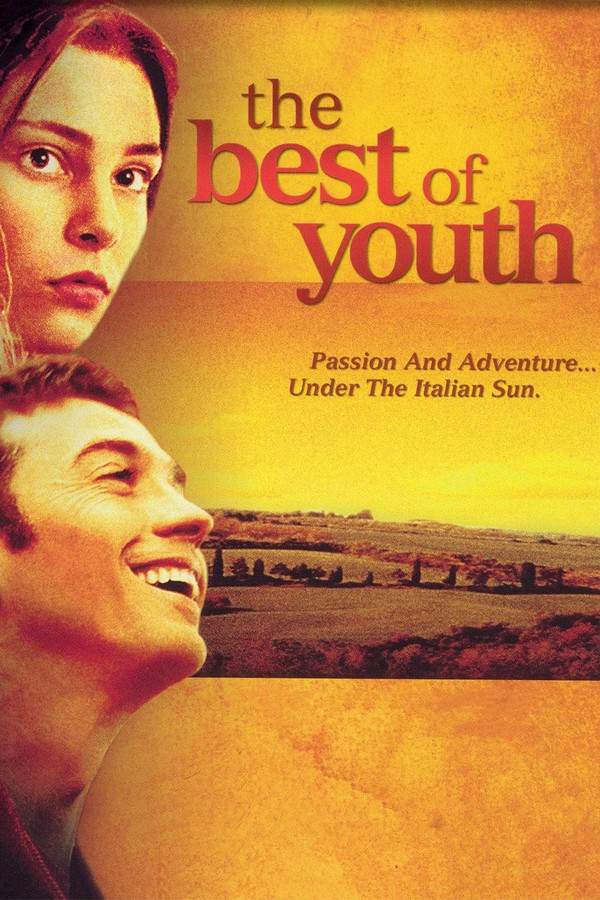
Set against the backdrop of Italy in the 1960s and 1970s, this story follows two brothers, Nicola and Matteo, as they come of age amidst political and social upheaval. Nicola experiences a passionate but ultimately fractured romance with Giulia, whose strong beliefs complicate their relationship. Meanwhile, Matteo finds comfort and connection with Mirella, a photographer who becomes a librarian. Through decades of change, they grapple with questions of love, family, and personal identity, facing the challenges of marriage and middle age.
Does The Best of Youth have end credit scenes?
No!
The Best of Youth does not have end credit scenes. You can leave when the credits roll.
Meet the Full Cast and Actors of The Best of Youth
Explore the complete cast of The Best of Youth, including both lead and supporting actors. Learn who plays each character, discover their past roles and achievements, and find out what makes this ensemble cast stand out in the world of film and television.
External Links and Streaming Options
Discover where to watch The Best of Youth online, including streaming platforms, rental options, and official sources. Compare reviews, ratings, and in-depth movie information across sites like IMDb, TMDb, Wikipedia or Rotten Tomatoes.
Ratings and Reviews for The Best of Youth
See how The Best of Youth is rated across major platforms like IMDb, Metacritic, and TMDb. Compare audience scores and critic reviews to understand where The Best of Youth stands among top-rated movies in its genre.

89
Metascore
7.4
User Score


%
TOMATOMETER

0%
User Score
Take the Ultimate The Best of Youth Movie Quiz
Challenge your knowledge of The Best of Youth with this fun and interactive movie quiz. Test yourself on key plot points, iconic characters, hidden details, and memorable moments to see how well you really know the film.
Journey Through The Best of Youth: Test your knowledge on the emotional and intertwined lives of two brothers in 'The Best of Youth'.
What is the central theme of the film?
The bond between two brothers during difficult life challenges
A romantic relationship between two characters
A political struggle in Italy
A family's journey through wealth
Show hint
Full Plot Summary and Ending Explained for The Best of Youth
Read the complete plot summary of The Best of Youth, including all major events, twists, and the full ending explained in detail. Explore key characters, themes, hidden meanings, and everything you need to understand the story from beginning to end.
As the fabric of their lives begins to fray, two brothers, Matteo and Nicola Carati, find themselves drifting apart after a heartbreaking attempt to save Giorgia, a young woman ensnared in the horrors of an abusive sanitarium. The painful aftermath of this experience leaves emotional scars that echo through their complex familial ties—rooted in tradition, their parents, Angelo and Adriana, stand as steadfast figures, while their siblings, older sister Giovanna and younger sister Francesca, symbolize the untarnished spirit of youth.
In the wake of their separation, Matteo’s internal struggles worsen, causing him to abandon his academic aspirations. Instead, he seeks solace in guiding mental patients through the streets, including Giorgia, whose life remains shackled to her own demons. In contrast, Nicola channels his energy into his studies, successfully passing an exam that paves his way toward a career in psychiatry.
As the brothers’ journeys unfold, their lives intersect in unforeseen ways. Motivated by compassion, Matteo’s determination to rescue Giorgia from the institution leads to heartbreak when authorities swiftly reclaim her. Overcome with despair, he turns to the army as an escape from his turbulent emotions.
Meanwhile, Nicola ventures to Norway and takes on the role of a lumberjack. There, he meets Giulia, a university student who soon becomes an integral part of his life. They eventually settle in Turin, welcoming a daughter named Sara as they craft their new family unit.
After completing his military service, Matteo returns to Rome, finding some semblance of peace as a police officer. Yet, beneath the surface, he grapples with persistent feelings of depression and anger. In Turin, Nicola builds a life with Giulia, although their relationship remains platonic, lacking the formal bond of marriage.
In Sicily, Matteo’s volatile nature leads him to flee the island, returning to Rome with feelings of shame that prevent him from visiting his mother. Meanwhile, Nicola’s path takes an intense shift as he becomes a psychiatrist, driven by the mission to address the injustices faced by those in mental institutions.
The brothers’ fates intertwine once more when Nicola discovers Giorgia, who now suffers in a hospital under horrific conditions. Her silence and fear vividly illustrate the trauma inflicted upon her by those meant to provide care.
As time progresses, Giulia’s life takes a turn as she becomes involved with a hidden cell of the Red Brigades. Her disappearance leaves Nicola in a whirlwind of confusion and heartache, while years later, a serendipitous reunion with Mirella at a library sparks a fleeting, passionate romance for Matteo. However, his sudden withdrawal leaves her heartbroken.
When Mirella returns with life-altering news, Matteo reacts harshly, prompting her to leave. As the countdown to a new year begins, he makes the tragic decision to leap from his balcony, a devastating end to his tumultuous life.
In the aftermath of Matteo’s death, the family fragments, with Nicola’s mother retreating into solitude, while Nicola is consumed by guilt, vowing never to let his brother’s fate repeat. Determined to take action, he arranges for Giulia’s capture, ensuring she spends 17 years in prison, protected from herself and others.
During Giulia’s incarceration, Nicola proposes to her, only to be met with refusal. In the meantime, a chance encounter with a photograph taken by Mirella reveals Matteo’s hidden legacy: he is the father of Andrea, Mirella’s son. This revelation leads Nicola to share the news with his mother, rekindling her sense of purpose as she bonds with Mirella and Andrea on the beautiful island of Stromboli.
As Giulia approaches her release, Nicola and friends embark on a project to renovate an old villa in Tuscany. Upon her release, Giulia encounters Francesca but refrains from connecting with Sara, instead observing from a distance. Sara, now pursuing her dreams in art conservation, becomes engaged to Mimmo, all while grappling with her mother’s past decisions.
After the passing of Nicola’s mother, he travels to Stromboli for closure and to honor their family’s memory. As the weight of grief begins to lighten, Nicola and Mirella discover a profound connection, navigating a budding romance amid their shared history. Simultaneously, a blossoming Sara confronts her relationship with her mother, prompting Giulia to reach out with compassion, albeit cautiously revealing her innermost self.
The film culminates with Andrea, Matteo’s son, embracing a poignant journey toward Norway’s North Cape—an important destination shared by his father and uncle, now a symbol of their unfulfilled dreams lingering in the hearts of those left behind.
Uncover the Details: Timeline, Characters, Themes, and Beyond!

Coming soon on iOS and Android
The Plot Explained Mobile App
From blockbusters to hidden gems — dive into movie stories anytime, anywhere. Save your favorites, discover plots faster, and never miss a twist again.
Sign up to be the first to know when we launch. Your email stays private — always.
Watch Trailers, Clips & Behind-the-Scenes for The Best of Youth
Watch official trailers, exclusive clips, cast interviews, and behind-the-scenes footage from The Best of Youth. Dive deeper into the making of the film, its standout moments, and key production insights.
The Best of Youth Themes and Keywords
Discover the central themes, ideas, and keywords that define the movie’s story, tone, and message. Analyze the film’s deeper meanings, genre influences, and recurring concepts.

Unlock the World of Movies with Our Comprehensive Wiki
Dive into our Movie Wiki for in-depth film encyclopedia entries, including cast biographies, production trivia, plot synopses, behind-the-scenes facts, and thematic analyses. Whether you’re researching iconic directors, exploring genre histories, or discovering hidden easter eggs, our expertly curated movie database has everything you need to fuel your cinematic passion.

Similar Movies To The Best of Youth You Should Know About
Browse a curated list of movies similar in genre, tone, characters, or story structure. Discover new titles like the one you're watching, perfect for fans of related plots, vibes, or cinematic styles.
Quick Links: Summary, Cast, Ratings, More

What's After the Movie?
Not sure whether to stay after the credits? Find out!
Explore Our Movie Platform
New Movie Releases (2026)
Famous Movie Actors
Top Film Production Studios
Movie Plot Summaries & Endings
Major Movie Awards & Winners
Best Concert Films & Music Documentaries
Movie Collections and Curated Lists
© 2026 What's After the Movie. All rights reserved.














